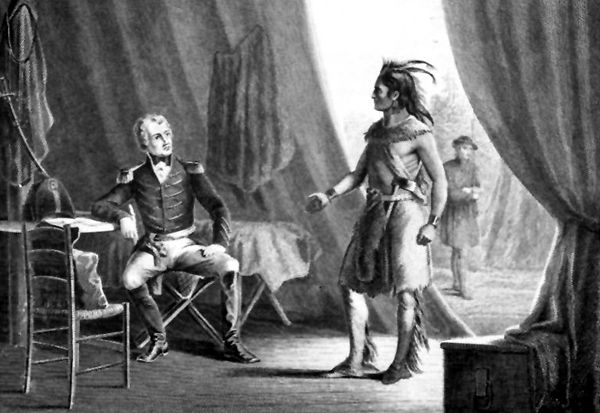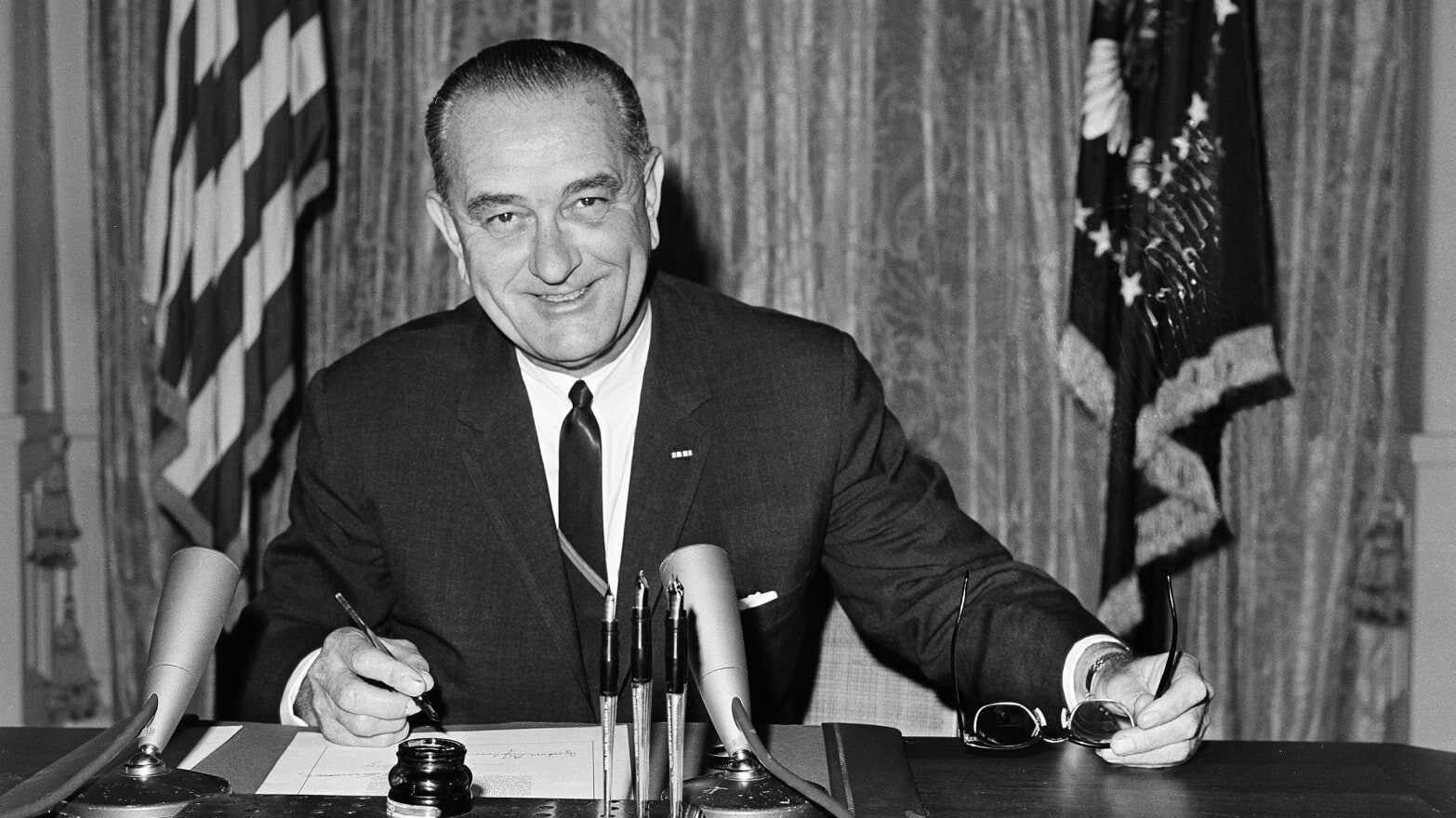The term biopower is a concept coined by the French philosopher Michel Foucault and developed as part of his philosophical work. Foucault defines biopower as a form of power that is established over life through a mechanism he calls biopolitics in modern societies.
According to Foucault, biopower operates differently from traditional forms of power by exerting influence over the biological aspects of life, such as individuals’ bodies, health, reproductive abilities, and other biological characteristics. Biopower becomes visible in areas such as the general welfare of society, population control, health, and education. Foucault suggests that biopower tends to govern and control individuals through disciplinary and regulatory mechanisms.
The philosophical analysis of biopower examines how power operates in social structures, the effects it has on individuals, and how it expands through biopolitics. Foucault emphasizes that biopower transforms the governing practices of modern societies and represents a form of power that is closely intertwined with individuals’ lives.
From a political perspective, the concept of biopower is used as a tool to understand how power operates in social and political processes. The political implications of biopower focus on the authority of the state and other centers of power to intervene in individuals’ lives and the extent of these interventions. Biopower can have an impact on policy areas such as population policies, health policies, surveillance mechanisms, and other aspects of biopolitics.
However, the political interpretation of the concept of biopower is controversial, and different thinkers have various approaches. While some critics view biopower as a repressive and controlling form of power, others argue that it can be used for purposes such as maintaining social order and enhancing welfare. Therefore, the political interpretation of biopower can vary depending on different ideological and theoretical perspectives.
The concept of biopower generally defines a form of power observed in modern societies. Therefore, we can talk about the existence of biopower mechanisms in a modern society like Turkey. Biopower policies in Turkey can encompass policy areas that involve the influence and management of individuals’ biological aspects of life.
The effects of biopower can be observed in areas such as health policies, population control, the education system, and social security mechanisms in Turkey. For example, the regulation of health policies and healthcare services can involve biopower mechanisms in terms of their impact on individuals’ bodies and health. Similarly, population policies can be a part of biopower policies and may cover topics such as fertility, family planning, and population regulation.
However, debates can arise regarding the nature and effects of biopower policies in Turkey. Issues such as how biopower policies are implemented, the purposes they serve, and which groups are affected by these policies can vary depending on different perspectives and analyses. Controversial topics can include whether biopower policies are compatible with human rights, personal freedoms, and democratic values. Therefore, a more detailed and comprehensive examination is required to thoroughly assess the existence and effects of biopower policies in Turkey.



